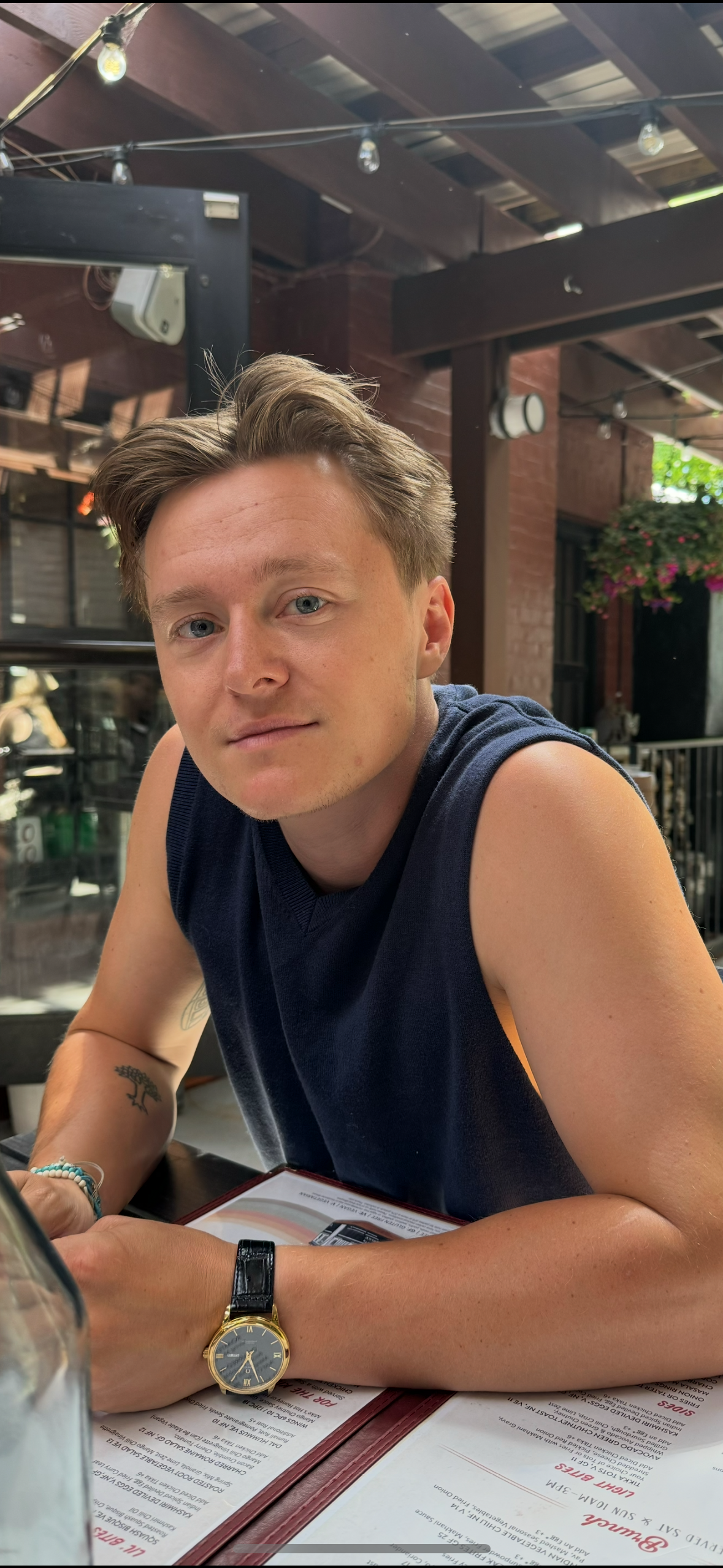When I finally got the keys to my property, I felt "nercited"—a word my girlfriend taught me that perfectly captures the nervous excitement of becoming a first-time homeowner. After months of stress, setbacks, and waiting, I was ready to celebrate this new chapter.
But reality has a funny way of tempering optimism.
On day one, while unloading boxes, my new neighbors approached. Proudly, I introduced myself as the owner. Big mistake. Within minutes, I inherited a laundry list of grievances, complaints, and unresolved disputes left behind by the previous owners. Welcome home.
Reality Check
As I stepped into my basement unit, excitement quickly turned into anxiety. Flipping through the intimidating 100-page inspection report, I quickly realized it wasn’t exactly filled with glowing praise. It detailed every issue with my "perfect" investment. The enormity of the tasks ahead started sinking in. Had I bitten off more than I could chew?
Rule #1 of homeownership quickly became clear: when in doubt, follow your nose—literally. A pungent cumin smell permeated walls, furniture, and everything else. Weekend after weekend was consumed by a frantic learning curve, which started exactly like this:
- "How do you remove strong cooking odors from walls?"
- "Is primer necessary, or can I just paint?"
- "What supplies do I need to repaint an entire apartment?"
- "Nearest paint store open now."
I'd research, watch YouTube tutorials, buy tools, make mistakes, swear, regroup, and try again. Each project felt daunting until completed, leading to a fleeting, satisfying realization: Wow, I actually did it.
Sweat Equity 101
Real estate investing isn’t passive—at least not initially. The less capital you have, the more sweat equity you'll need to contribute (translation: increasing the property's value through your own hard work rather than paying others). It's a delicate balance:
- If you're skilled (or willing to learn), you save money but sacrifice your time.
- If you hire contractors, costs rise, but you preserve energy and bandwidth.
Always weigh your capabilities honestly. Sometimes hiring professionals is the smartest financial decision. Trust me—you don't want faulty wiring on your hands.
Rock Bottom
Just as my stride returned, disaster struck. A knock at the door brought the local fire chief with unimaginable news:
- "Your home never received a Certificate of Occupancy (COO)—it’s technically not habitable."
- "This has never happened. Both the city AND your lawyer missed it."
- "If your home burned down tomorrow, insurance wouldn’t cover a penny. You also can't sell until this is resolved."
A gut punch. My "investment"—my million-dollar property—suddenly worthless, trapped in bureaucratic limbo. Weeks passed as I bounced between fire inspectors, lawyers, and city officials, desperately trying to salvage this mess.
Further inspections revealed two new nightmares:
- A dangerously outdated boiler costing $30k to replace.
- Hidden water damage in my unit, a $20k fix.

Finding My Resolve
Faced with an existential choice — sink or swim — I rolled up my sleeves. Every spare moment, dollar, and drop of caffeine fueled my resilience. I coordinated contractors, navigated city bureaucracy, and learned everything from flooring and drywall installation to stubborn odor removal.
It wasn't glamorous. Friends vacationed, went out, and partied. Meanwhile, I spent weekends covered in drywall dust and primer, questioning why I wasn't renting a cozy studio apartment instead. But I reminded myself daily: short-term sacrifice equals long-term freedom.
Turning the Corner
Somewhere along the line—amid endless projects and mounting credit card bills—the impossible happened. My property began improving, rent checks started clearing, and financial pressures eased slightly.
Am I out of debt yet? No. But my property is now on track to generate positive cash flow ahead of schedule. More importantly, this experience transformed me entirely.
The naive buyer who sheepishly asked the sellers for keys was gone. I emerged resilient, capable, and battle-tested—no longer a passive spectator but an active architect of my future. The hardships were brutal but invaluable.
- Would I have chosen an easier route if possible? Probably.
- Could I have learned this in a book? Absolutely not.
- Am I now certain of my ability to succeed? Without a doubt.
I succeeded not by avoiding failure but by enduring it and growing stronger.
What Comes Next?
This wraps up my leveraged journey—from hopeful investor to seasoned owner. Next week, I'm launching a new series unpacking the habits, qualities, and mindset that separate dreamers from achievers.
Trust me, you won't want to miss what's next.





